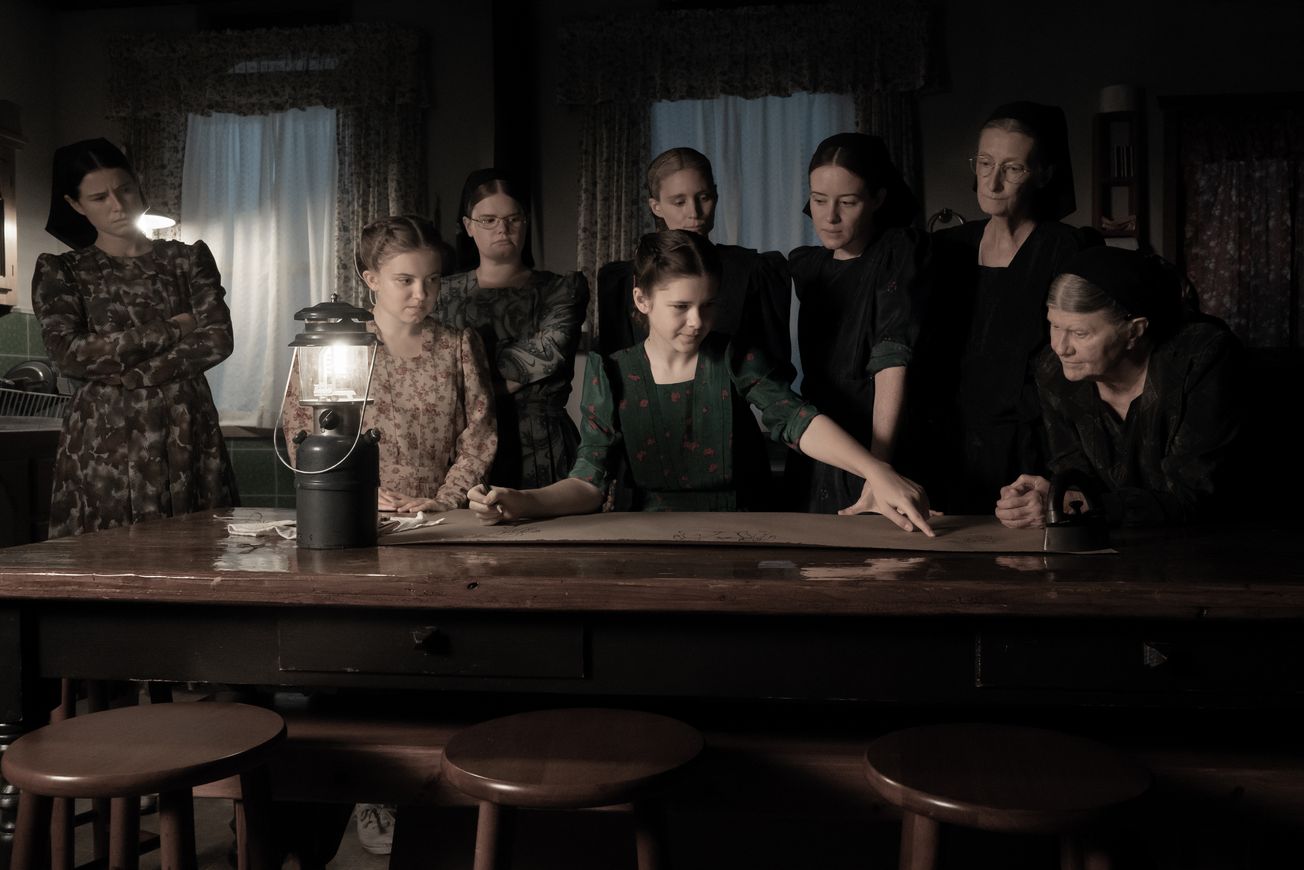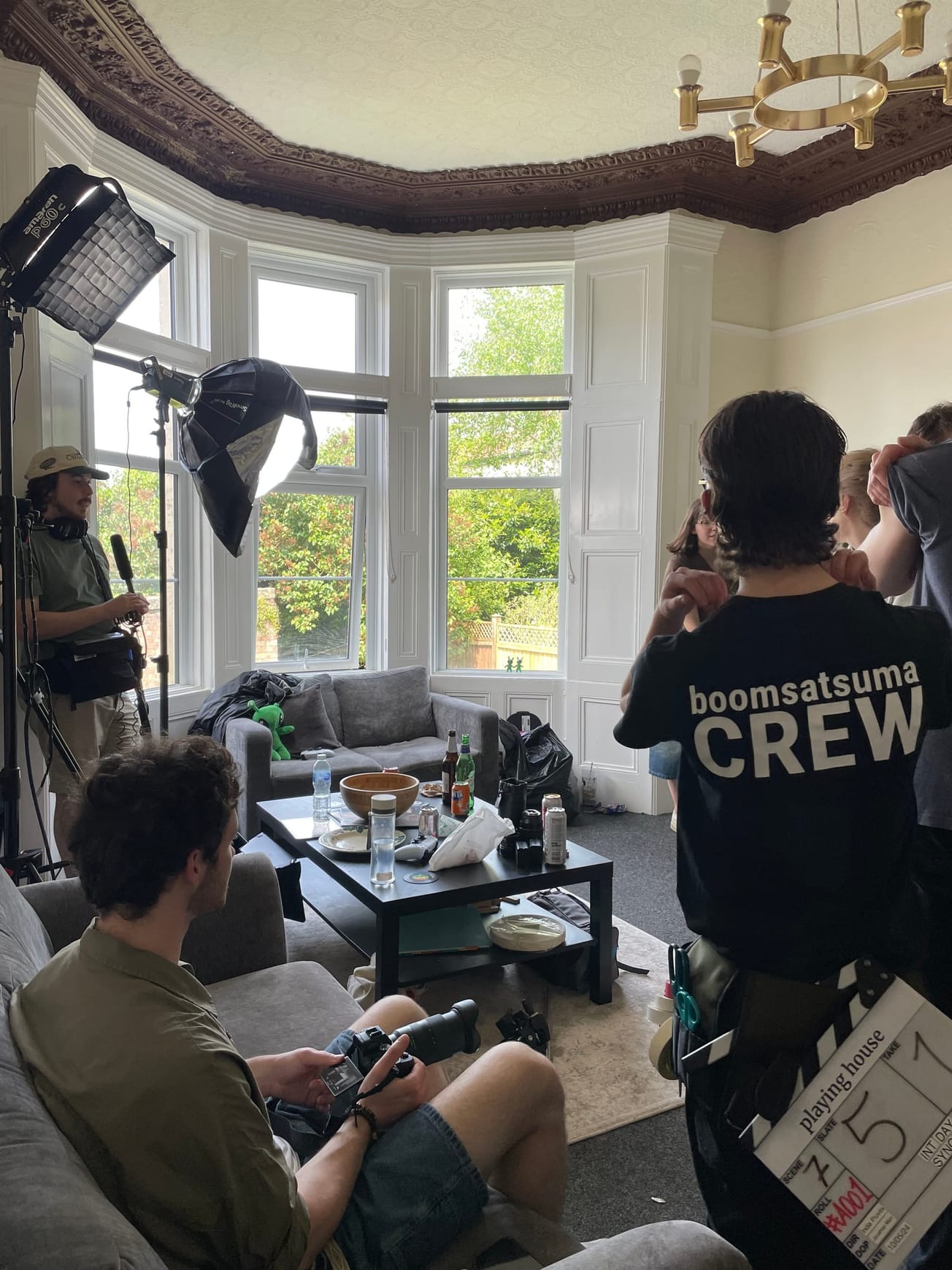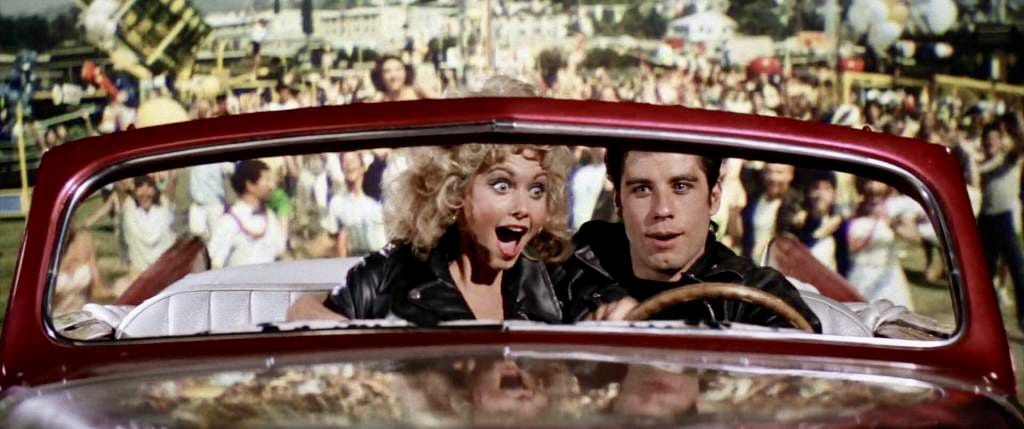By Sean Lawrenson, First Year, English
Director Sarah Polley’s film about women in an isolated religious colony in America discovering a disturbing secret about the town’s men is filled to the brim with a wealth of British talent, and whilst by no means is it an easy watch, it is a captivating one.
The lights had just come up in the cinema room. The film was over. It was time to go home, but before everyone in the room left, there was a pause that might as well have lasted a lifetime. So stunned were we all by Women Talking (2022) it seemed strange to then leave the cinema room and enter a bustling Friday night in the city. I choose to start at the end primarily because the impact this film has is long-lasting.
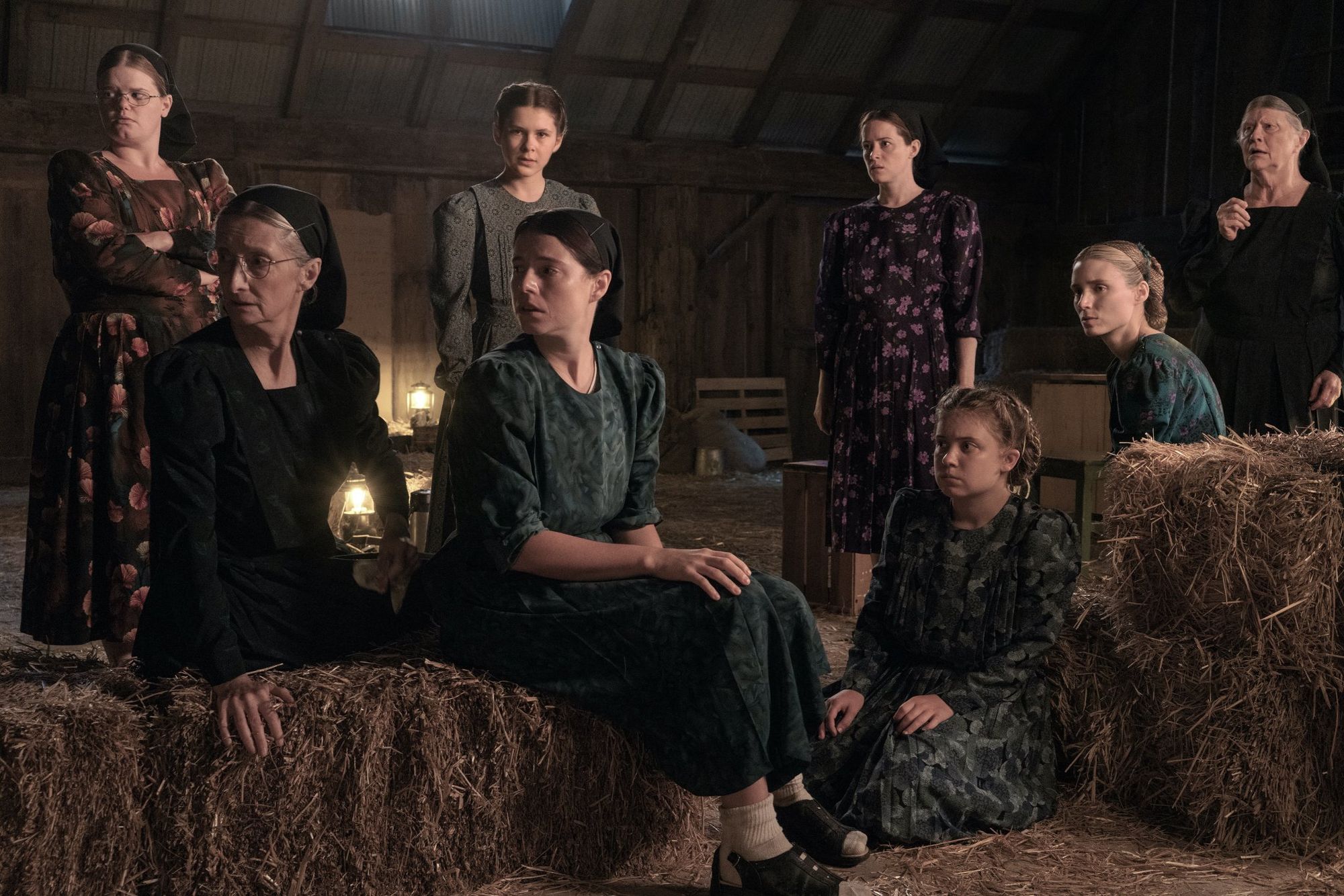
The writing is impeccable, highlighted by its nomination for best-adapted screenplay at this year’s Academy Awards (alongside a best picture nod to boot). The film was adapted from the 2018 novel of the same name by Miriam Toews.
Polley has transformed a fantastic novel into a film which transcends it, mainly due to the incredible performances from the ensemble cast.
The strength of the acting is mesmerising, with a particularly standout performance from Jessie Buckley playing the extremely conflicted Mariche. Each character has their own motives, but none are played with quite the same intensity as Buckley manages, arguably having the most challenging role in terms of coming across as likeable to an audience, but she does it deftly.
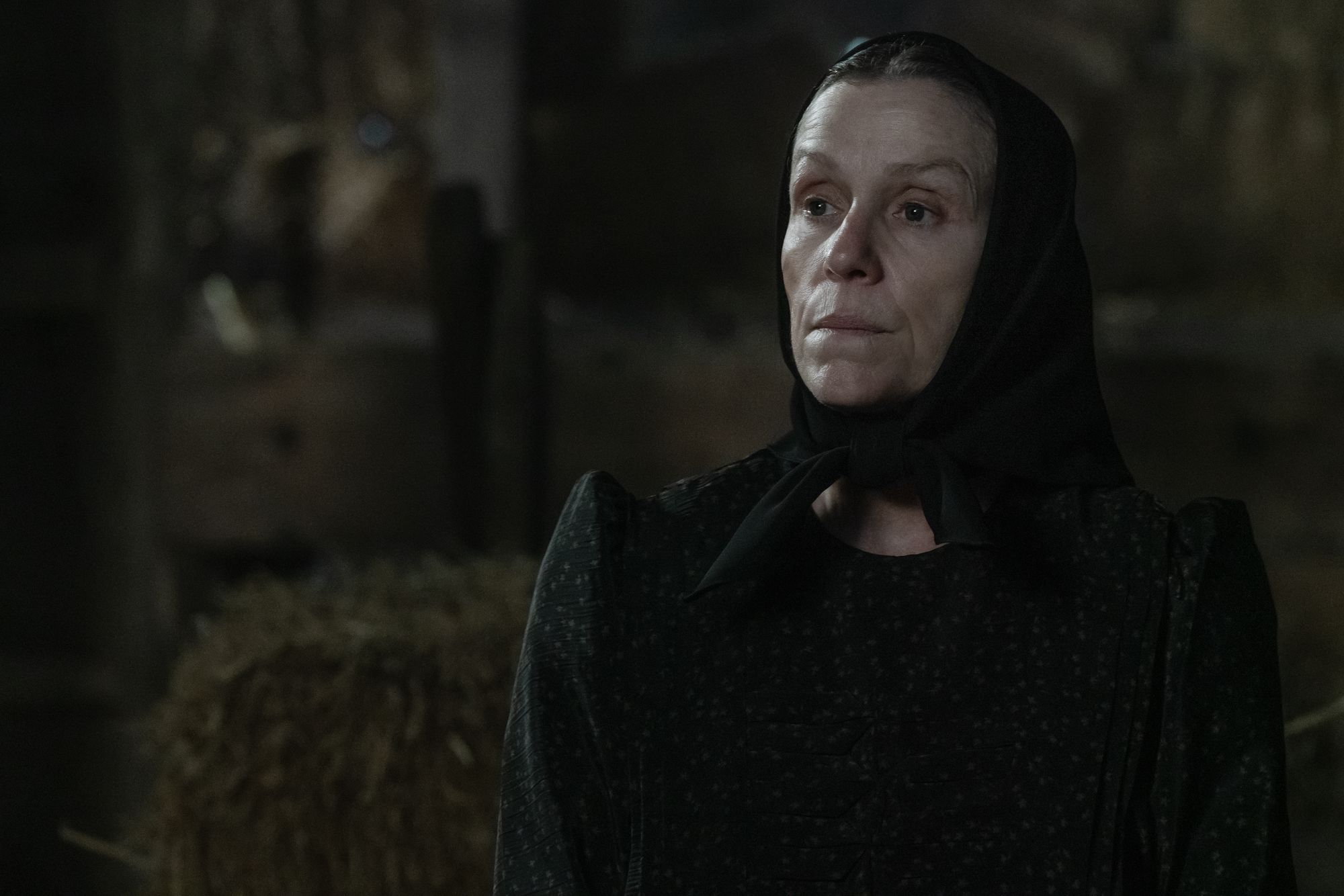
Another key component of the film’s brilliance lies in its score. Hildur Guðnadóttir manages to capture both the disturbing nature of the situation the women have all found themselves in whilst also scoring the optimism the heinous crimes provide for the women.
Through narration, we learn that the women have never been taught how to read or write, but “that was the day we learnt to vote” when deciding what the next course of action would be.
We learn from a brief scene in which a truck comes through the colony blaring ‘Daydream Believer’ that it is the year of the 2010 census. This scene of modernity, only brief, is a stark contrast to the way in which the colony lives.
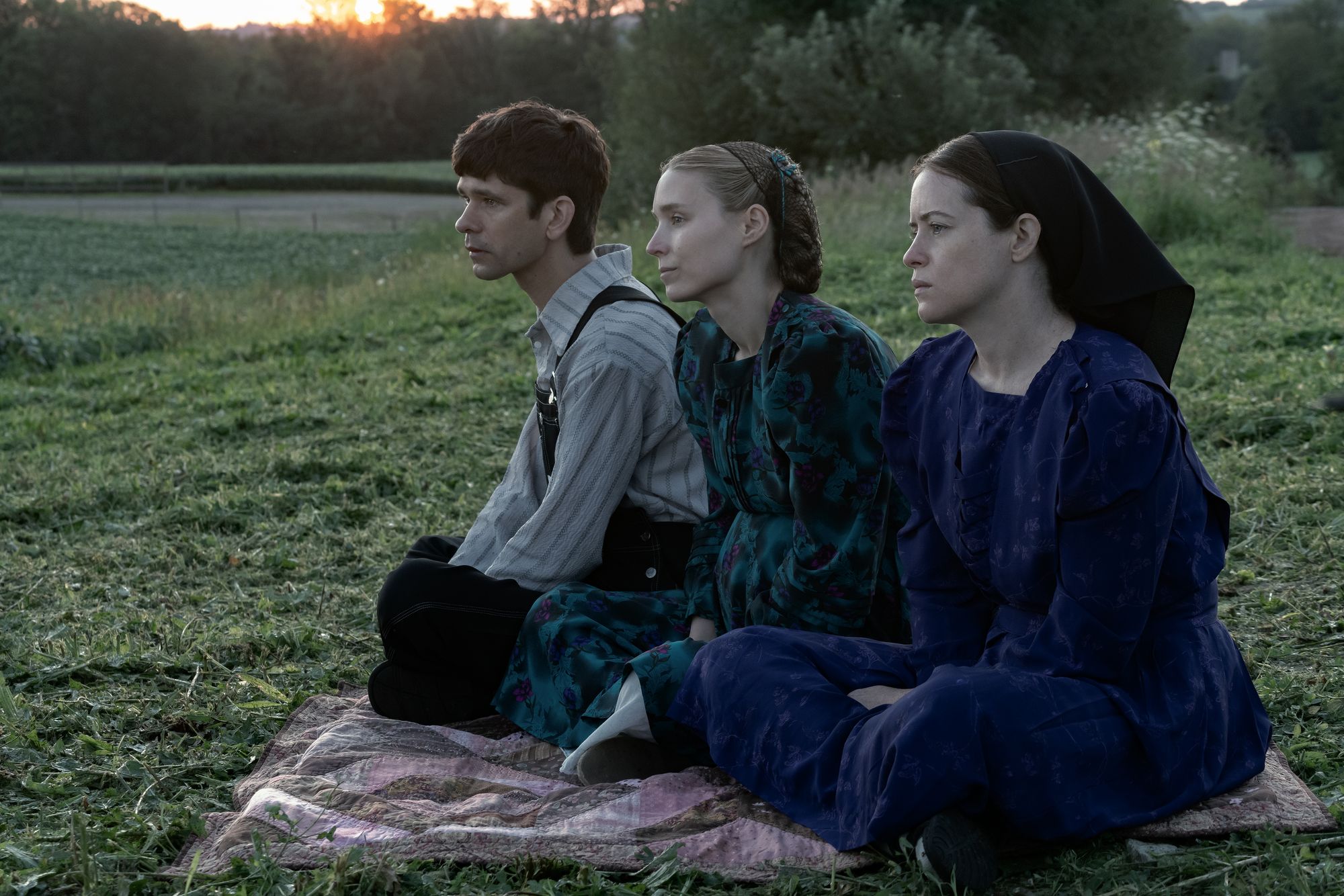
There could be a minor complaint from some that the film could be seen as dragging since most of the action takes place in the same space: a small, worn-out barn. However, there is enough change in pacing and dynamics between the ensemble to keep the material fresh in different ways.
There is an enjoyment to be had in seeing how these characters develop across the two hours, how old values held in the colony are slowly picked away at, forming a more equal modern way of seeing the world.
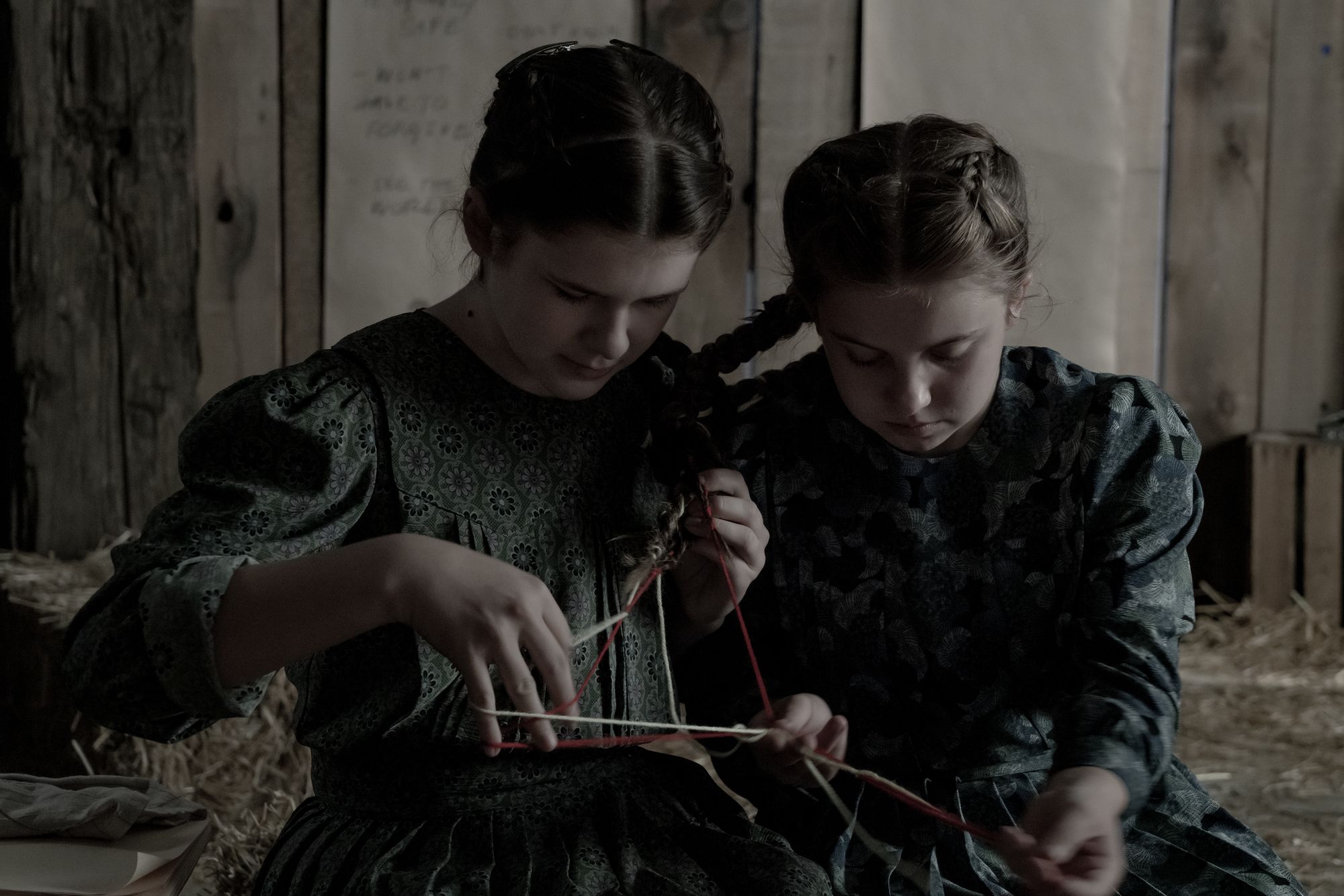
In the final act, the film reaches a satisfying conclusion, however bizarre that may sound given the synopsis of the film. Ultimately, the film does reward the audience’s patience throughout some particularly unsettling scenes.
So, when the lights came back on, the silence was eventually broken. The blaring of ‘Daydream Believer’ began playing over the credits. Like every woman in the film, we were all in our way, a Sleepy Jean, waiting for our eyes to be opened.
Featured Image: Courtesy of Michael Gibson on UPI Media
Were you particularly impressed by Jessie Buckley's performance in Women Talking?

